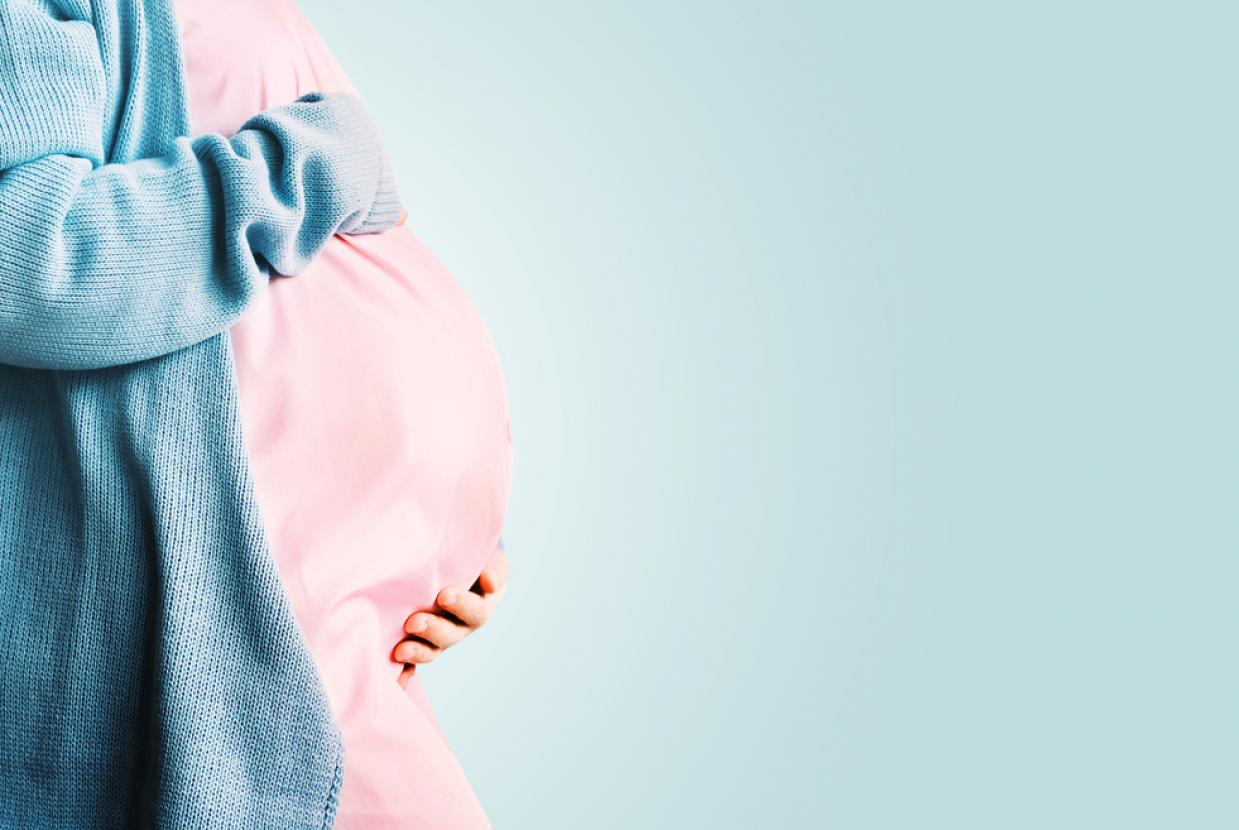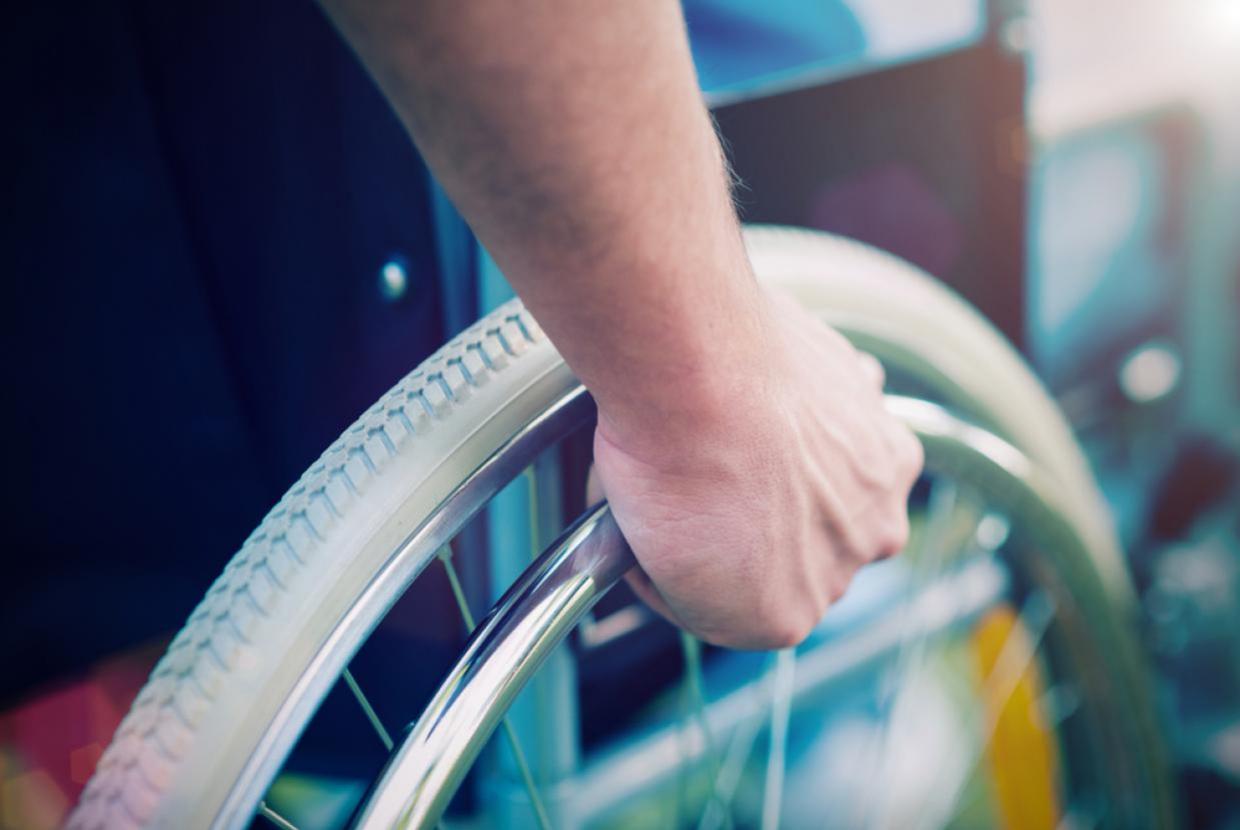How Much Is Universal Credit?
Universal Credit is made up of a standard monthly allowance, plus extra money for housing costs, bringing up children, caring and living with an illness or disability. Here’s what you need to know, including our free Benefits calculator.
See how much you could get with our free benefits calculator
Our Benefits calculator will quickly show:
- if you could qualify for benefits, including Universal Credit
- how much extra money you could get
- if you could get other payments and discounts on top.
If you want to find out how your Universal Credit payment is made up, we explain how the different parts work below.
How Universal Credit is calculated
Universal Credit is made up of:
- a standard allowance, and
- additional elements if you’re:
- responsible for children
- an unpaid carer
- unable to work due to an illness or disability, and/or
- renting your home.
It’s worked out as a single monthly payment, but you might get paid twice a month if you live in Scotland or Northern Ireland.
Standard allowance amounts
The standard Universal Credit allowance you’ll get is based on your age and if you live with your partner.
Your situation | Monthly amount for the 2025/26 tax year |
Single – under 25 | £316.98 |
Single – 25 or over | £400.14 |
Living with a partner – both under 25 | £497.55 (total for both of you) |
Living with a partner – anyone 25 or over | £628.10 (total for both of you) |
You can use our Benefits calculator to see your weekly amount.
Your Universal Credit payment will stop when you (or both of you, if claiming as a couple) reach State Pension age. To continue getting help, you’ll need to apply for Pension Credit instead.
Additional element amounts
On top of your standard allowance, you might qualify for one or more extra payments depending on your personal circumstances.
These are called additional elements and can give you support for:
- children and childcare costs
- housing costs
- caring (carer element)
- long-term illness and disability (limited capability for work and work-related activity element).
Our Benefits calculator will show you which ones you could qualify for.
Additional element | Monthly amount for the 2025/26 tax year |
Child – if you look after a child under 16 or a qualifying young person under 20 |
You’ll usually only get an amount for your first two children. |
Childcare costs – if you and your partner (if you have one) work and pay for childcare | Claim 85% of your costs back, up to:
|
Limited capability for work and work-related activity – if you’re unwell or have a disability and are unable to work | £423.27 |
Carer – if you’re an unpaid carer for a severely disabled person for at least 35 hours a week | £201.68 |
Housing costs – if you rent and/or pay service charges | Can pay all or part of your rent, and some service charges. The amount can depend on where you live, how you rent and the number of bedrooms you need |
How your Universal Credit payment might change each month
The total amount of Universal Credit you get is based on your earnings and income for the previous month – called your assessment period.
- example, if you applied for Universal Credit on 5 January, your first assessment period would run until 4 February. Your second would then be 5 February to 4 March and so on.
This means your payment could change (or stop) based on:
- how much your other income was, such as from:
- wages or pensions
- other benefits.
- if you start or stop qualifying for additional elements
- the amount you had in savings and investments
- If you’re repaying certain debts from your Universal Credit payment.
Here’s how your payment could change each month.
If you earn money from paid work
Your Universal Credit payment will usually go down by 55p for every £1 you earn by working.
Any amount you earn usually reduces your Universal Credit payment, but you’ll qualify for a work allowance if you or your partner are:
- responsible for a child, or
- unable to work many hours due to an illness or disability.
This means your Universal Credit payment will only reduce by 55p for every £1 you earn over your allowance. Here are the monthly work allowances for the 2025/26 tax year (until 5 April 2026):
- £411 if your Universal Credit payment includes housing costs, or
- £684 if it doesn’t include housing costs.
If you get income from other benefits or a pension
Your Universal Credit payment will usually go down by £1 for every £1 you get from pensions and other benefits.
But a few benefits will not reduce your payment. See entitledto for a list of the non-work income and other benefits that will reduce your Universal Credit payment.
If more than one person is caring for the same person, you’ll need to decide who will get the carer element.
If you have savings or investments
If you and your partner have savings or investments worth:
- £6,000 or under, your Universal Credit payment won’t change
- £6,001 to £16,000, your payment will go down the more savings you have
- Over £16,000, you won’t qualify for anything.
For more information, see our guide How do savings and lump sum payouts affect benefits?
If you need to repay debts from your payment
Your Universal Credit payment might go down by up to 15% if you’re repaying things like:
- hardship payments
- advance payments or loans
- ‘third-party arrears’, such as:
- debt with electricity, gas and water providers
- overdue Council Tax.
Your statement on your online Universal Credit account will show if there are any deductions.
If you’re paying a lot of money back to the Department for Work and Pensions (DWP) and you’re struggling to meet other essential costs, such as rent or food, you can contact the DWP Debt management centre to see if you can work out a more affordable repayment plan.
If you’re struggling speak to a free debt adviser for help and affordable ways to tackle your debt.
If you don’t meet the conditions of your claim
To get Universal Credit, you must meet the conditions set out in your ‘claimant commitment’. For example, agreeing to apply for a certain number of jobs and attending training or work preparation sessions.
If you don’t, you might get a penalty known as a sanction. This means your Universal Credit may reduce or stop for a while.
For more information, see our guide Benefit sanctions and what to do about them.
If your payment is higher than the benefit cap
The benefit cap is the maximum amount your household can get in benefits.
But it might not apply to you, for example if you’re over State Pension age, have a disability or earn over a certain amount. See GOV.UK for a list of when you’re not affected.
Your situation | Monthly amount for the 2025/26 tax year |
Single | £1,229.42 (£1,413.92 in London) |
Single and live with your children, or in a couple and live with your partner | £1,835 (£2,110.25 in London) |
Speak to a Citizens Advice Help to Claim adviser for free advice
For more help and support with your claim for Universal Credit, you can speak to an independent adviser in confidence online or over the phone.
The types of things they can help you with include:
- advising how to set up:
- an email address
- Universal Credit account
- bank account.
- working through the to-do list for making a successful claim
- explaining the online journal and how it is used
- accessing the Universal Credit phone claim service
- accessing DWP home visit support.
If you live in: | You can contact: |
England | Citizens Advice Help to Claim in England 0800 144 8444 |
Scotland | Citizens Advice Scotland Help to Claim 0800 023 2581 |
Wales | Citizens Advice Help to Claim in Wales 0800 024 1220 |
Northern Ireland | Advice NI 0800 915 4604 |
You can also:
- Call the free Universal Credit helpline in England, Scotland and Wales or Universal Credit Service Centre in Northern Ireland for help with your claim .
- Find a specialist adviser near you on Advicelocal for free help and support with benefits, including confidential advice on whether you should claim Universal Credit.
- Use the British Sign Language (BSL) Video Relay Service to help you with the early stages of your Universal Credit claim.
You can find further information here:
- England: visit Citizens Advice
- Scotland: visit Citizens Advice Scotland
- Wales: visit Citizens Advice Wales
- Northern Ireland: visit nidirect






























